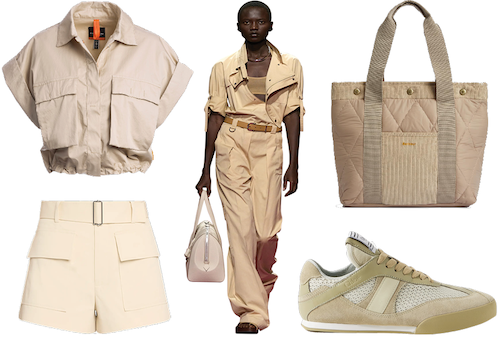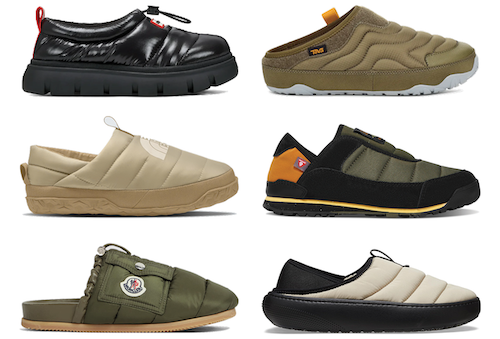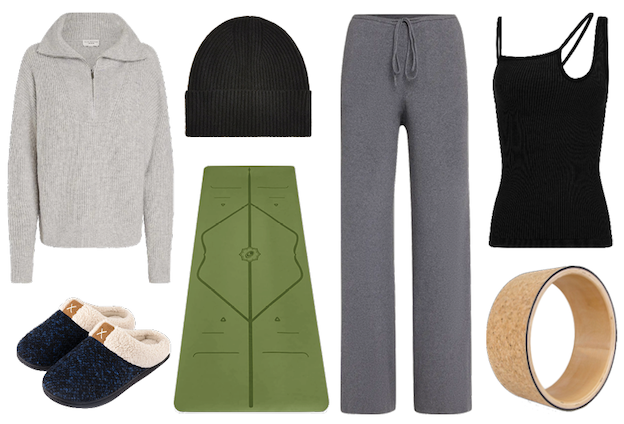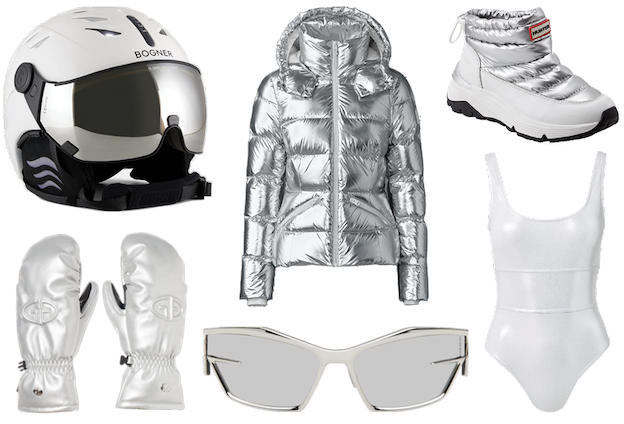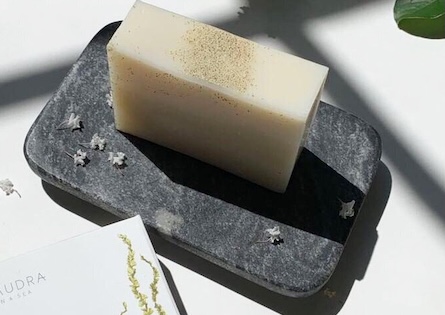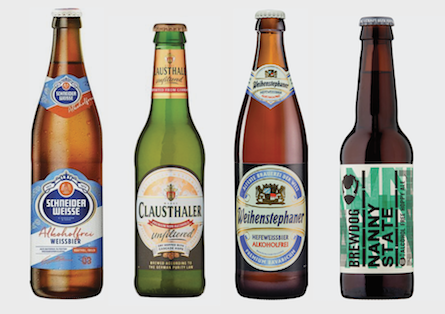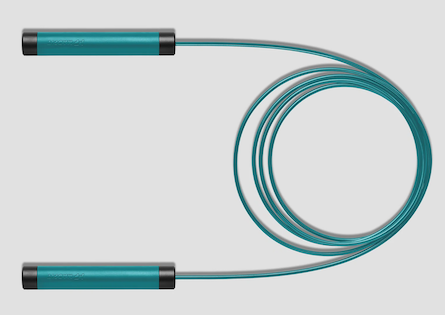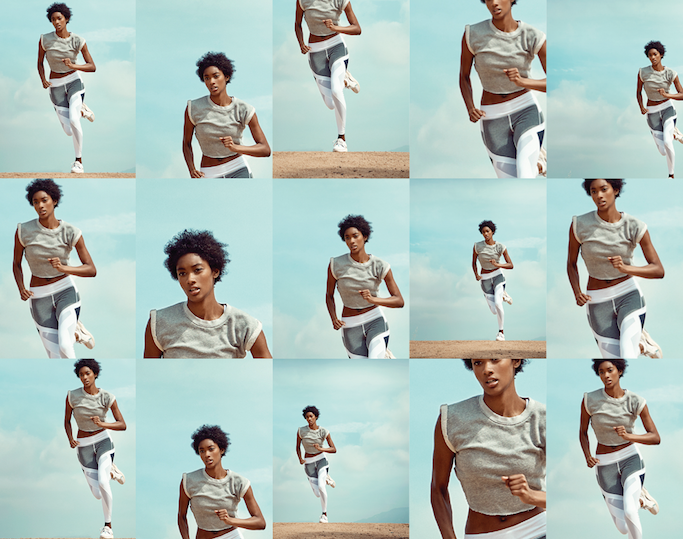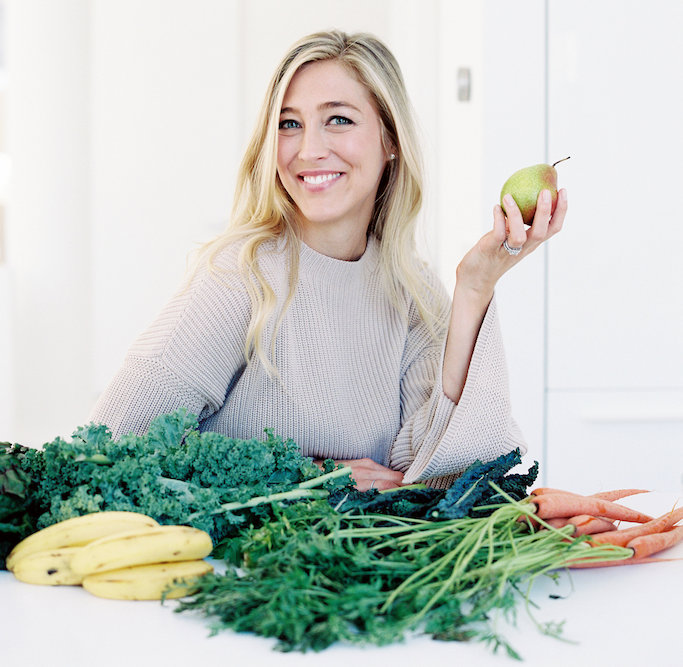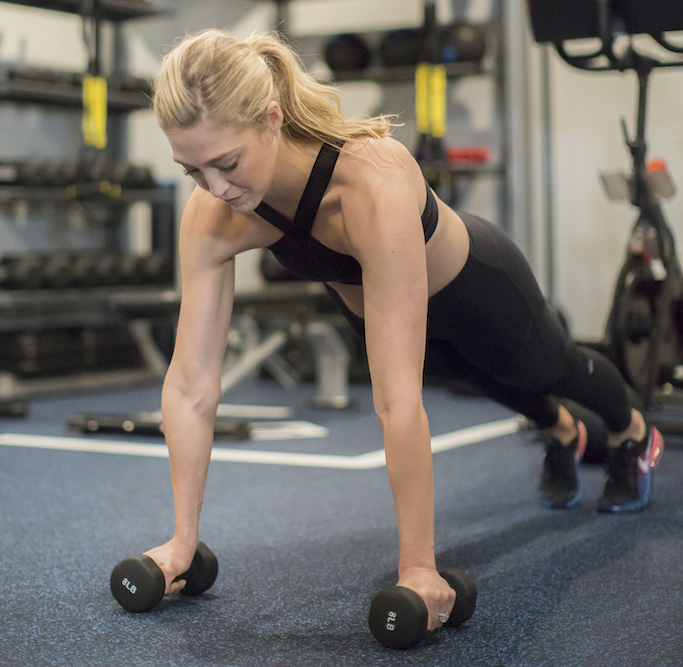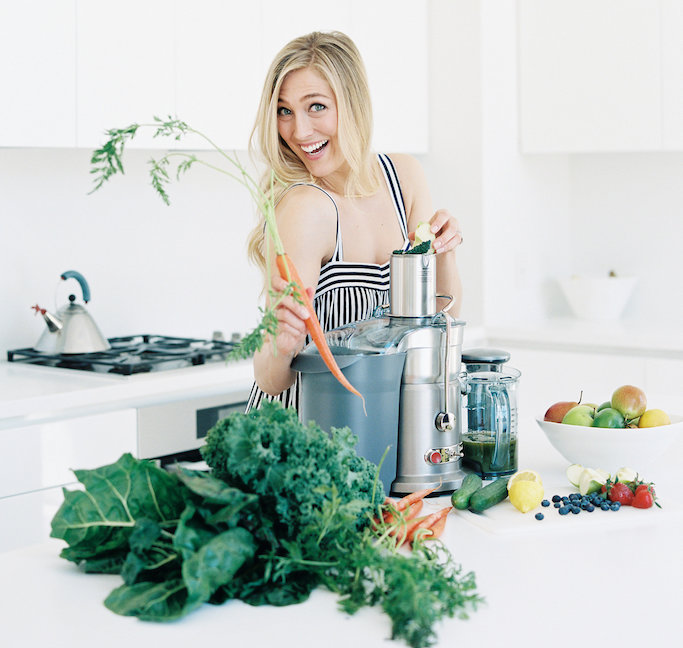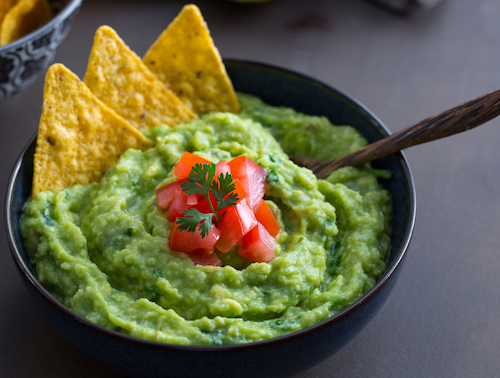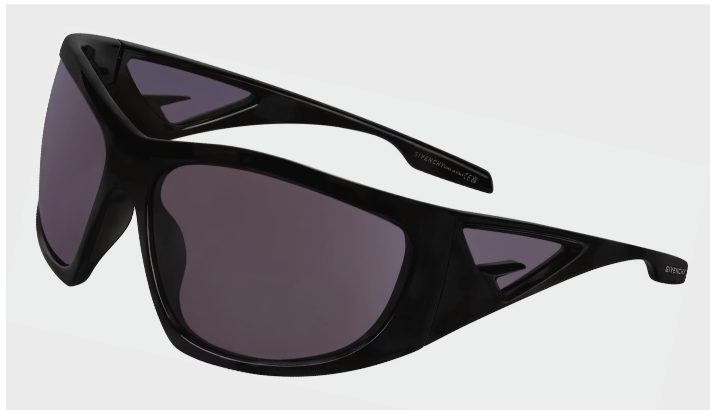Collage Images Martin Rusch/Trunk Archive
Keto diet, 10 Day Challenge, Celery Juice… it seems like everyday a new nutrition trend takes the wellness scene by storm. Some of it’s legit and some it’s BS, but we wanted to get the scoop on all to share with our readers. Meet Sarah Wragge, our nutrition wiz, who every month is going to give us the real deal on a variety of different health trends.
Sarah Wragge is a holistic nutritionist and wellness coach who has lived on both sides of the health spectrum. After a 15-year career in advertising, Sarah found herself fed up with steak and martini dinners, and feeling worn out. Having always been drawn towards wellness and nutrition, she ditched the corporate life and decided to make her passion her career — with a particular focus on designing health and nutrition regimens for those same busy execs. What we love is her practical approach to integrating wellness into real life.
One of the buzziest nutrition topics you hear about right now is “over-exercise”. The fitness obsessed — or you might say addicted — daily doubling on SoulCycle classes, going from a cardio to a strength class, working out every day with no rest days off (guilty, as charged). And yet, many of these people are not losing weight. In fact they find the opposite. “I don’t understand… I’m eating so well”, they say, “Why am I getting fat?”
Exercise, which should be a form of stress release, when done to the extreme actually causes more stress in the body. Ironically, the result is exactly the thing we are exercising to avoid — weight gain. Other nutrition buzz words and topics like inflammation, adrenal fatigue, cortisol, and insulin all come into play, and that interaction is what we wanted to get into with Sarah…
STYLE OF SPORT: Let’s start with why people are coming to see you. When they say to you, “Hey, I work out 6 to 7 days a week and I’m not losing weight”, what’s going on here?
SARAH WRAGGE
SARAH WRAGGE: I see this a lot with New York City folks in particular, men and women, because we tend to be under a lot of pressure and a lot of stress. I also think that the fitness industry in New York City can be stressful as well. There’s a pressure to perform at a certain level, to accomplish a certain number of classes a week, to workout with the best celebrity trainers, to get into the most popular classes. Exercise should be something we enjoy, a break from the other pressures and stresses – financial, family, kids, marriage, relationships. But it’s turned into a sort of competition, where everybody wants to one up each other. I think that the environment it has created is not so healthy.
SOS: A lot of classes encourage that competition too, with leader boards that compel you to compare your performance to someone else.
SW: Yes, and you look at the girl next to you and wonder why is she so ripped and in shape. This is her second class. If she looks like that then I should be doing what she’s doing.
SOS: I think that works for a while. That’s what I found. I thought I could eat and drink what I wanted as long as I doubled up on workouts.
SW: If you take a day off, how good does that workout feel the next day?
SOS: Great, but let me honest, I rarely take days off. To an extent, I’m an example of what we’re talking about. BUT… after assorted injuries what I try to do now is mix it up. Instead of spinning AND yoga, I’ll just do yoga and feel like that’s enough. Is this any better or should I still really be taking a day off?
SW: You should be taking a day off. You really aren’t doing anything for yourself if you aren’t resting – and I believe the good stuff happens in the rest days. What I find is when I don’t take days off from the gym – and listen it’s really hard for me too – I can’t perform at the level I want as a mom, a good partner to my husband, and also run a successful business. And I had to learn that the hard way. Before I had a baby, before I got married, I would do double workouts 7 days a week and have complete energy because the times I wasn’t exercising I was able to rest. I was able to sleep in on a weekend. Most people aren’t afforded the luxury of rest and recovery when they need it.
SOS: I think that’s true. I think for women especially, we want to do it all, and then it really does catch up to you.
“When you over exercise – just like with any other stressful situation – your body releases cortisol. That’s your stressor hormone. And when cortisol is released, your body can’t burn fat.”
SW: I also find when you’re overtraining, you become ravenous because your body can’t make up the calories. We’re hard-wired to want carbohydrates because it’s the quickest way our body gets energy. I’m talking to a woman this afternoon who is a total exercise junkie. She takes about 12 to 14 SoulCycle classes a week and her diet is atrocious.
SOS: What is she eating?
SW: Primarily carbohydrates, a lot of coffee, a lot of sushi, and a lot of fruit. I’m going to take her diet and completely rearrange it. I’m also going to cut her exercise in half. She’s going to be blown away by the changes in about 3 to 4 weeks. She’s going to lose a ton of weight and she’s going to feel incredible. She is definitely not getting any benefit from doing that many spin classes.
SOS: Physiologically as I understand it, over-exercise produces a stress reaction in your body, and how your body copes with that is by producing cortisol. Walk us though what happens.
SW: There’s a burnout that usually starts with fatigue. It sneaks up on you. One day you might be feeling lights out, gangbuster amazing, and then the next you need 4 cups of coffee to make it through the day. When you overexercise — just like with any other stressful situation – your body releases cortisol. That’s your stressor hormone. And when cortisol is released, your body can’t burn fat. Also, when cortisol is present you have a natural craving for sugar. Plus, it overtaxes the adrenal glands so they can no longer function properly. Your body actually gains weight because it’s in a fight or flight mode.
SOS: And then you think the answer is to workout even more and eat even less!
SW: Cortisol also leads to other health issues: bone density loss and muscle breakdown. When we can’t recover from workouts, our immune system breaks down.
SOS: You had told me last summer that even you got into the same sort of pattern and suffered “adrenal fatigue”. What is that and what brought it on?
SW: Over-exercise, too much coffee, not sleeping enough, focusing whole heartedly on building my brand, and not taking care of myself – and thinking another workout class would get me closer to more clients, feeling better, and looking leaner.
SOS: We share that same pressure. I’m Style of Sport and I have to look a certain way – be fit and buff. My body is what gives me cred. That’s my brand, just like that’s your brand too..
SW: That’s absolutely right. I can’t not look the part. But sometimes looking the part is more about resting and relaxing then it is about pushing through another sprint of a workout. When I experienced the adrenal fatigue, I experienced a significant weight gain because of the cortisol. My body was ravenous and bloated. I couldn’t sleep. I was wired tired —
SOS: Wired-tired… such a perfect expression!
SW: It was terrible. I got very scared by what I was experiencing. I was always someone who could power through — pedal to the metal — but I got to the point where I physically couldn’t hold my child at a gymnastics class. I felt like I was going to pass out. Sitting to standing I started blacking out.
SOS: And that was adrenal fatigue?
SW: Yes, and listen, Western doctors don’t really believe in adrenal fatigue. It’s something that exists more in my world — the holistic natural world. I actually had to hire a professional who specialized in the condition. Because what would happen is I’d start to feel better, get up and go thinking I was my old self, and it would put me in bed for 3 days. It’s only within the last month that I’m fully recovered. It took about 6 months. It was so frightening. I thought I was never going to feel good again.
“I got very scared by what I was experiencing. I was always someone who could power through — but I got to the point where I physically couldn’t hold my child at a gymnastics class.”
SOS: I know that feeling with injuries.
SW: The thing is had I been eating well I might not have suffered as much as I did.
SOS: What were you eating?
SW: I wasn’t eating enough. I was kind of doing smoothies, the grilled chicken protein routine. I don’t think I had enough fat in my system.
SOS: Unfortunately, some of us have to learn the hard way.
SW: There’s a mentality of pushing through the pain in New York City.
SOS: It’s the athlete’s mentality too. Also like pro athletes, New Yorkers have access to all those sport doctors and recovery specialists — many of the same ones the pros rely on to get them back on the playing field as fast as possible. But this is not our job. It’s recreation — or it’s supposed to be.
SW: Absolutely!
SOS: Now I want to ask you about another nutrition buzz word “inflammation”, because I think it is related to what we’ve been talking about.
SW: Correct. Cortisol and adrenal fatigue cause inflammation, and over-exercise can cause inflammation because your body doesn’t get enough time to rest.
SOS: And inflammation has all those same symptoms — bloating, weight gain, fat gain. But it’s also a result of what we’re eating.
SW: Yes. You’ve had those weekends when you drink a lot of wine and then you want the sugar and then the bread. The more we eat that stuff, the more we want that stuff.
SOS: So if there were 5 foods to avoid, and 5 to eat to counteract inflammation, what would be at the top of your list.
SW: Foods to avoid… all cow’s dairy. Goat and sheep are better but still inflammatory. The next thing is sugar — even honey, maple syrup, and dates. It’s still sugar. Next I say to get rid of all your legumes — chick peas, peanut, beans, lentils. They’re hard to digest because they’re naturally an improperly combined food — meaning they’re a starch and protein in one — which causes a lot of bloating. I’m going to say grains too. Oats, potatoes, rice. Also because of the way our food is processed in America, it’s very hard to get clean grains that haven’t been treated with some sort of awful thing like arsenic. Even organic oats can still be processed this way.
SOS: That sounds like “Whole 30” – the trendy anti-inflammatory diet. So no carbohydrates essentially?
SW: I think you should get your carbs and sugar from fruit — and vegetables too. There are a lot of carbs in vegetables.
SOS: What would be the 5 foods to incorporate?
SW: First are dark leafy greens. They are a magnet for detoxification and breaking down other foods in your system. So if you have a big juicy steak, pair it with a big serving of broccoli or kale. It helps break down the animal protein and move it through your system. It’s really magic stuff. Plus, there is also a ton of iron and protein and calcium in dark leafy vegetables.
SOS: Protein in vegetables??
SW: Tons of protein in spinach and kale! You don’t have to eat meat to get protein. And the crazy thing is vegetables are between 80-90% bioavailable — meaning your body absorbs vegetables at a much faster rate than animal protein. So let’s say your dinner is mushrooms with kale, sautéed spinach, and bok choy. Your friend gets a piece of chicken with a side of asparagus. It looks like she’s eating a lot more protein than you, but her body is only going to absorb between 50-60% of that protein from the chicken, while you are going to absorb 80-90% from the spinach and the mushrooms. Even cooler is you’re going to eliminate those vegetables the next day. She’s not going to fully eliminate that chicken until between 5-7 days.
SOS: OMG!
SW: Imagine if she has eggs for breakfast, grilled chicken for lunch, and then salmon for dinner. How much animal protein is backed up in her system?
SOS: Ok, you just scared the crap out of me… guess I need it from all that protein! The funny thing is if I had all those vegetables, I’d feel I need a little protein to go with it.
SW: Everybody says that. Avoiding inflammatory foods ultimately leads to a lean and energetic life. If I go out and have a big pepperoni pizza, I’m bloated after that — I don’t look good and I don’t feel good. If I have a kale salad and a green juice, with a healthy amount of fat, I look vibrant and beautiful in the morning because I haven’t eaten anything to inflame my system.
SOS: Me too. Vanity is a good deterrent, although we all like to indulge every now and again.
SW: None of us are perfect. It’s all about balance — and not judging yourself for the slip-ups!
CLICK TO HEAR THE FULL CONVERSATION ON SOUNDCLOUD
FOR MORE NUTRITION TALK WITH SARAH WRAGGE:




